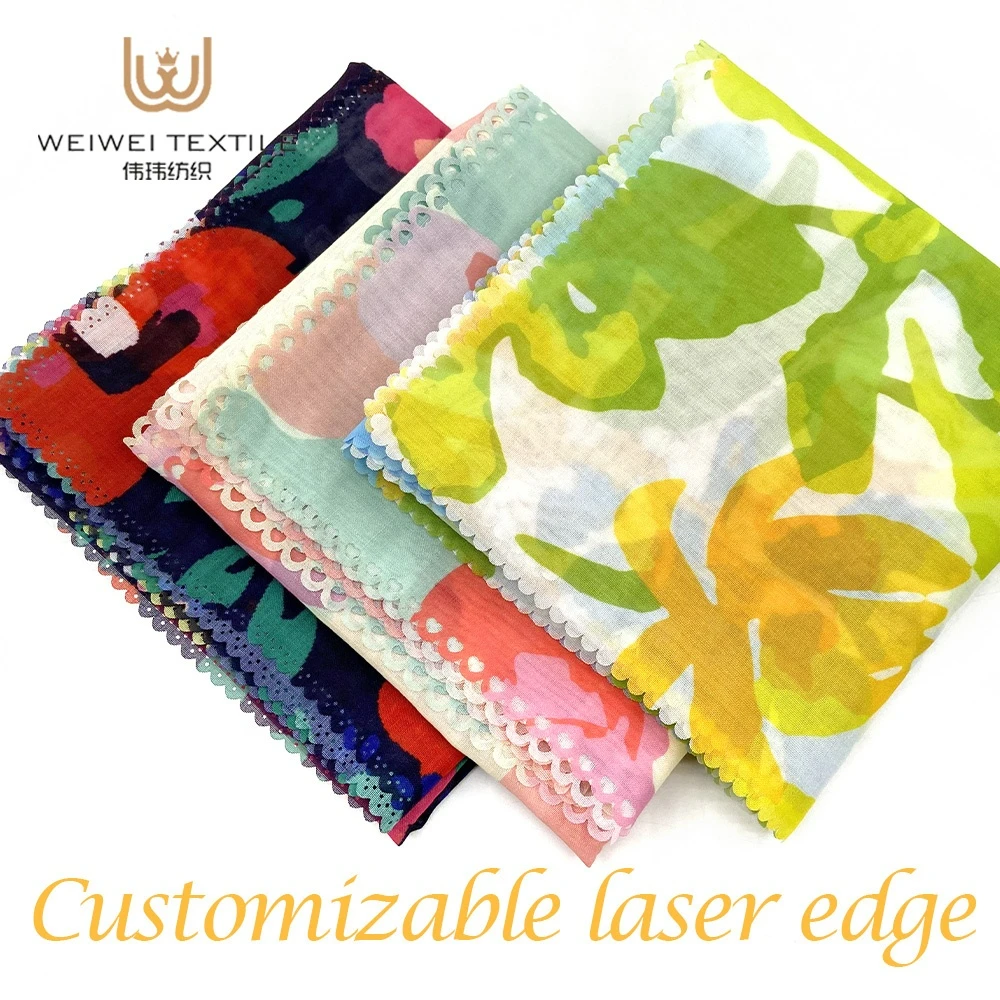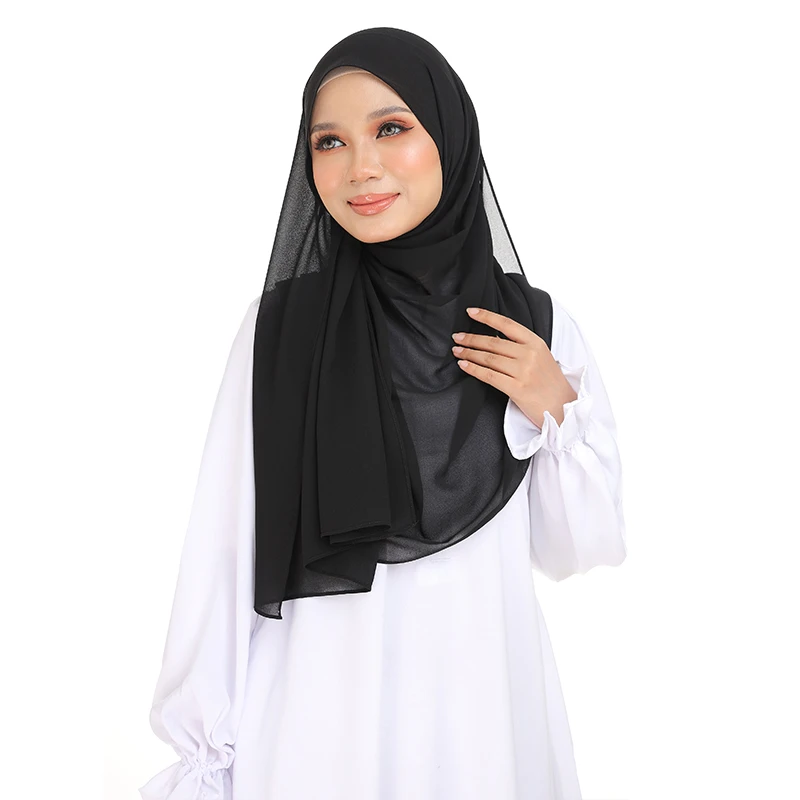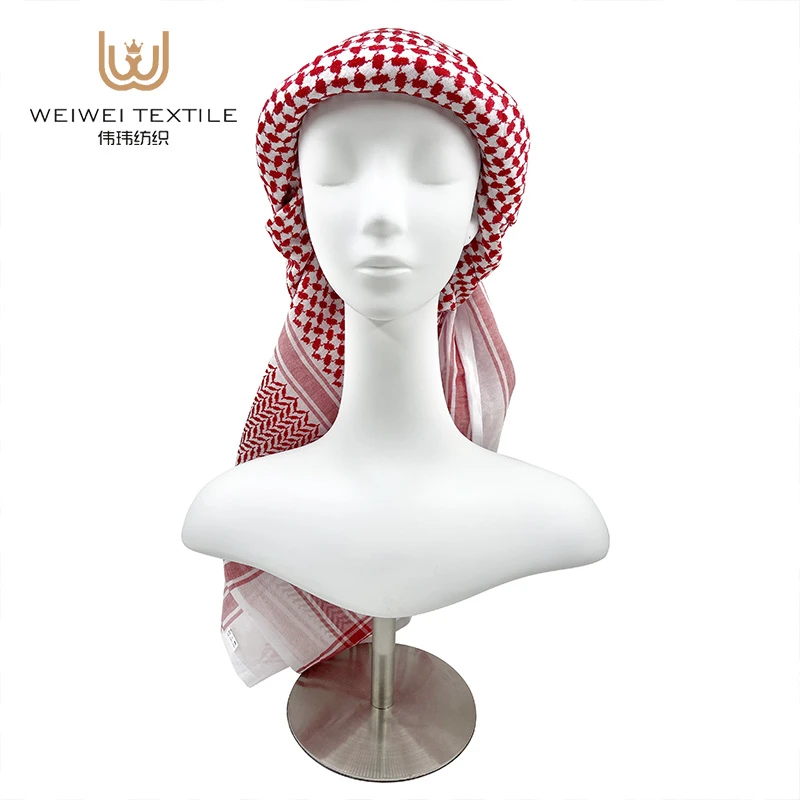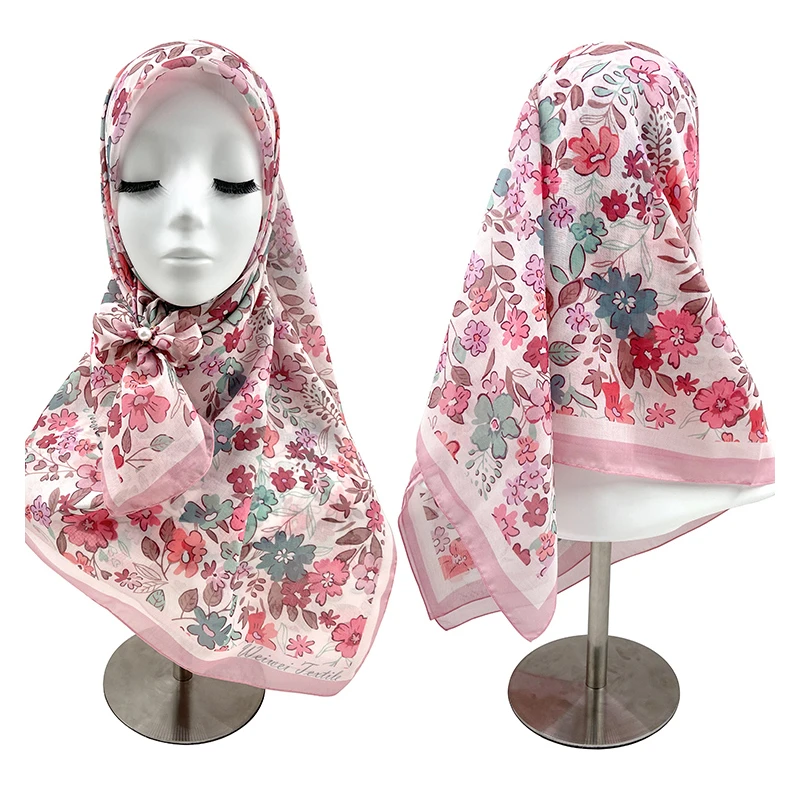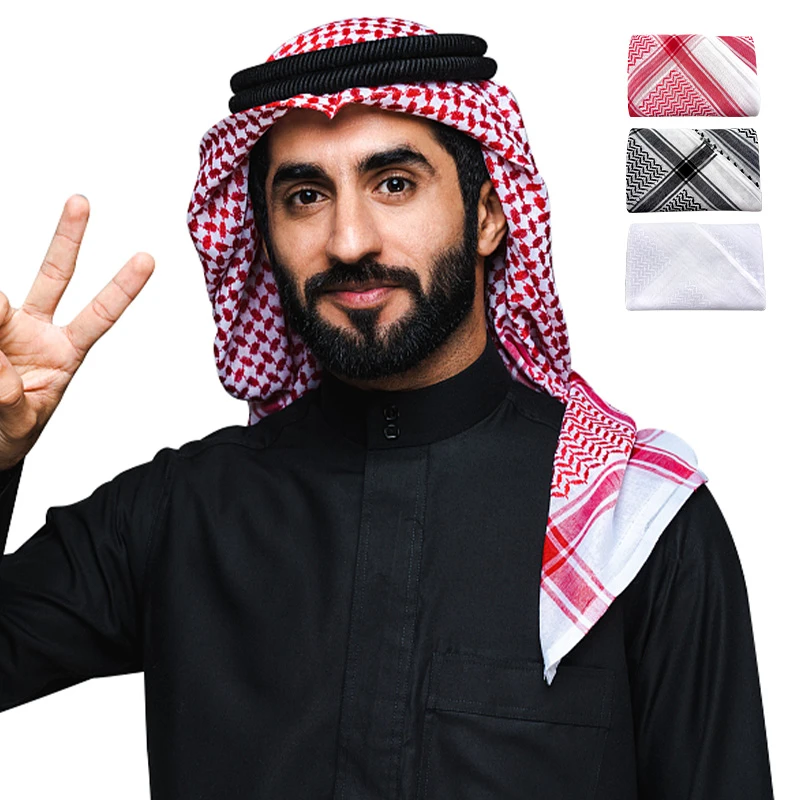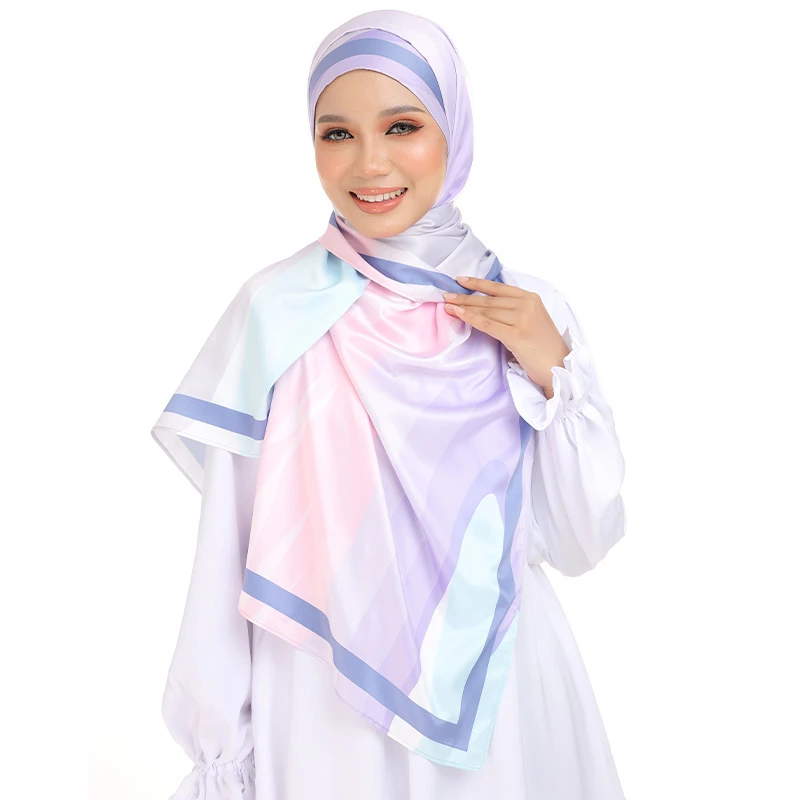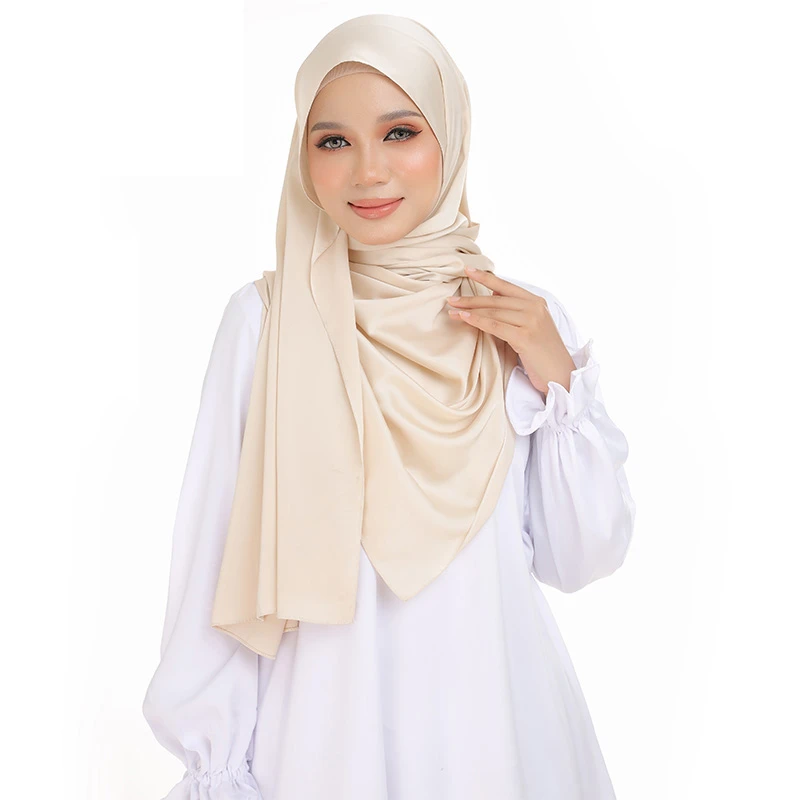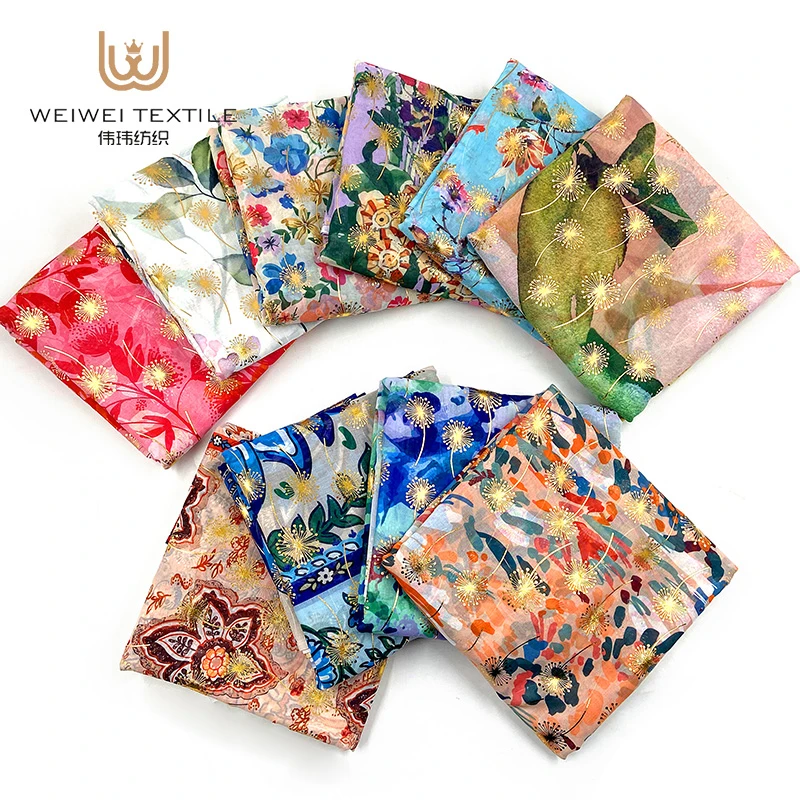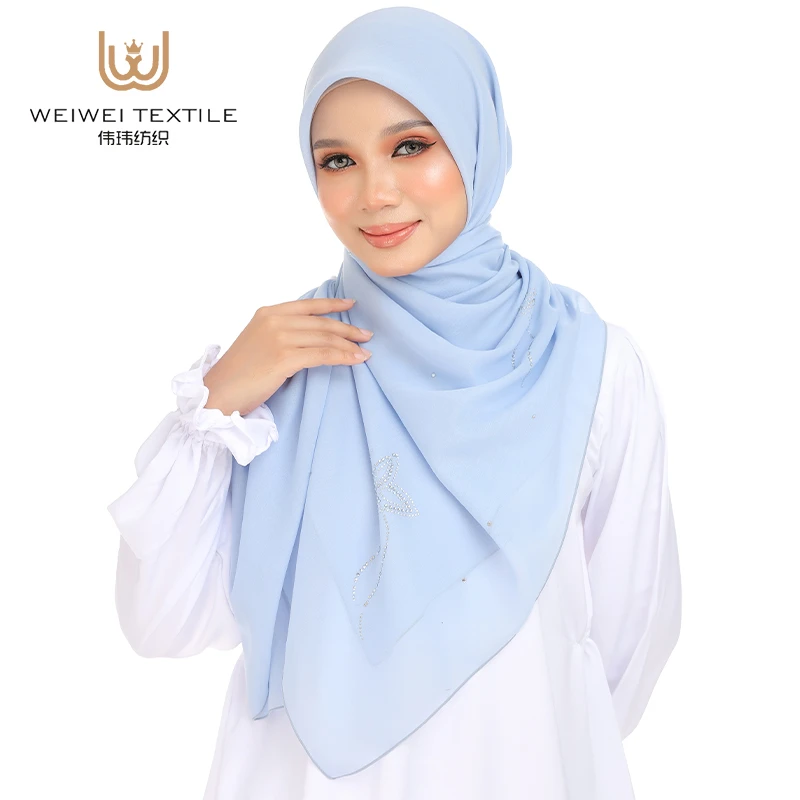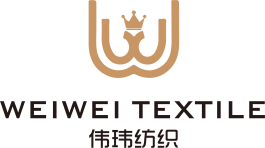Jan . 09, 2025 12:44 Back to list
scarf manufacturers
Scarf manufacturers are the unsung heroes behind one of the most versatile and fashionable accessories the scarf. These artisans blend traditional craftsmanship with modern techniques to produce scarves that cater to a wide array of styles, climates, and personal preferences. Understanding the intricacies of scarf production not only enhances your appreciation for these elegant accessories but also elevates your confidence when selecting them.
Quality control is an area where professional scarf manufacturers assert their authoritativeness and commitment to trustworthiness. Rigorous quality assurance processes, from raw material sourcing to final product inspection, ensure that each scarf meets high standards. This attention to detail minimizes defects and maximizes customer satisfaction, fostering brand loyalty and cementing the manufacturer's reputation. Sustainability is a growing concern among both manufacturers and consumers. Leading scarf manufacturers are addressing this by adopting eco-friendly practices, such as sourcing sustainable materials, reducing waste, and minimizing water usage in dyeing processes. By committing to environmentally responsible practices, these manufacturers not only appeal to eco-conscious customers but also contribute positively to global sustainability efforts. Customization is another trend where scarf manufacturers demonstrate their expertise and customer-centric approach. Personalized scarves, whether through monogramming or bespoke designs, add a unique touch that resonates with customers looking for something special. This level of personalization requires advanced tools and techniques that only experienced manufacturers possess, further emphasizing their skill and specialization. In summary, scarf manufacturers embody the perfect blend of tradition and innovation, transforming simple materials into fashionable and functional accessories. Their dedication to quality, creativity, and sustainability is evident in the luxurious scarves they produce. By understanding the meticulous processes involved, consumers can make informed purchases and appreciate the subtle intricacies and craftsmanship that define a high-quality scarf. The authority and expertise that reputable manufacturers bring to the table ensure that each scarf not only meets but exceeds customer expectations, creating a lasting impression and elevating the simple scarf to a status of elegance and sophistication.
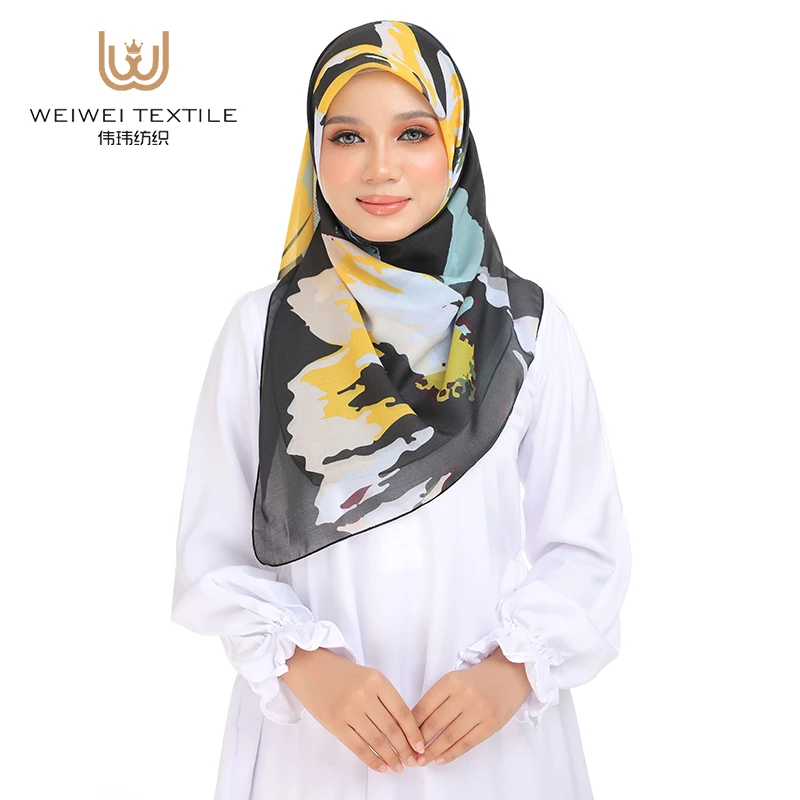
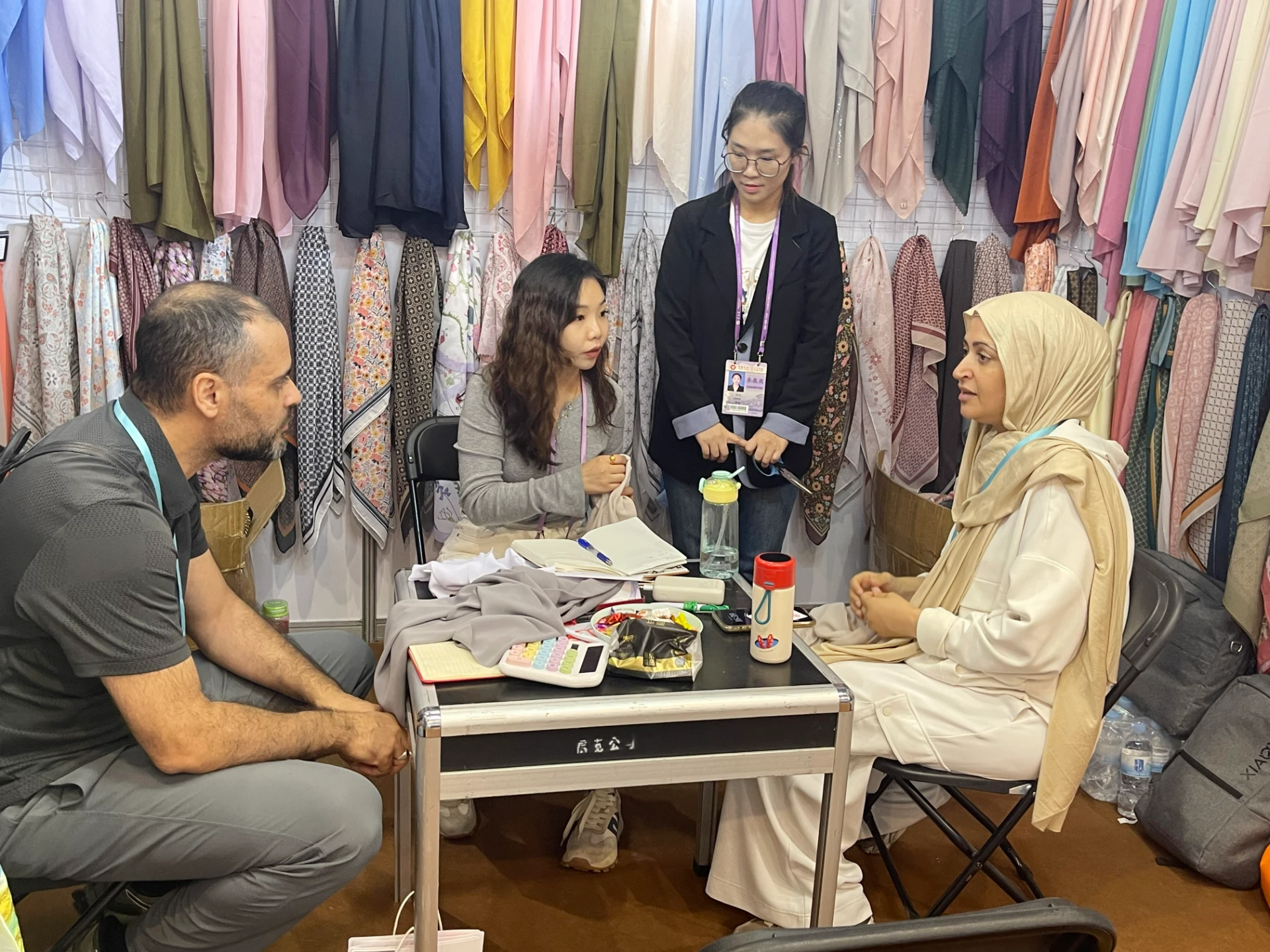
Quality control is an area where professional scarf manufacturers assert their authoritativeness and commitment to trustworthiness. Rigorous quality assurance processes, from raw material sourcing to final product inspection, ensure that each scarf meets high standards. This attention to detail minimizes defects and maximizes customer satisfaction, fostering brand loyalty and cementing the manufacturer's reputation. Sustainability is a growing concern among both manufacturers and consumers. Leading scarf manufacturers are addressing this by adopting eco-friendly practices, such as sourcing sustainable materials, reducing waste, and minimizing water usage in dyeing processes. By committing to environmentally responsible practices, these manufacturers not only appeal to eco-conscious customers but also contribute positively to global sustainability efforts. Customization is another trend where scarf manufacturers demonstrate their expertise and customer-centric approach. Personalized scarves, whether through monogramming or bespoke designs, add a unique touch that resonates with customers looking for something special. This level of personalization requires advanced tools and techniques that only experienced manufacturers possess, further emphasizing their skill and specialization. In summary, scarf manufacturers embody the perfect blend of tradition and innovation, transforming simple materials into fashionable and functional accessories. Their dedication to quality, creativity, and sustainability is evident in the luxurious scarves they produce. By understanding the meticulous processes involved, consumers can make informed purchases and appreciate the subtle intricacies and craftsmanship that define a high-quality scarf. The authority and expertise that reputable manufacturers bring to the table ensure that each scarf not only meets but exceeds customer expectations, creating a lasting impression and elevating the simple scarf to a status of elegance and sophistication.
Perv:
Next:
Latest News
-
Traditional Tudung Designs in Malaysia
NewsJul.25,2025
-
The Spiritual Significance of Satin in Muslim Attire
NewsJul.25,2025
-
The Right Way to Wear Arab Scarves for Muslim Women
NewsJul.25,2025
-
Zikr Bead-Infused Cotton Voile for Continuous Remembrance
NewsJul.11,2025
-
The Cultural Significance of Tudung in Malaysia
NewsJul.11,2025
-
Satin Hijabs as an Expression of Faith in Daily Life
NewsJul.11,2025




